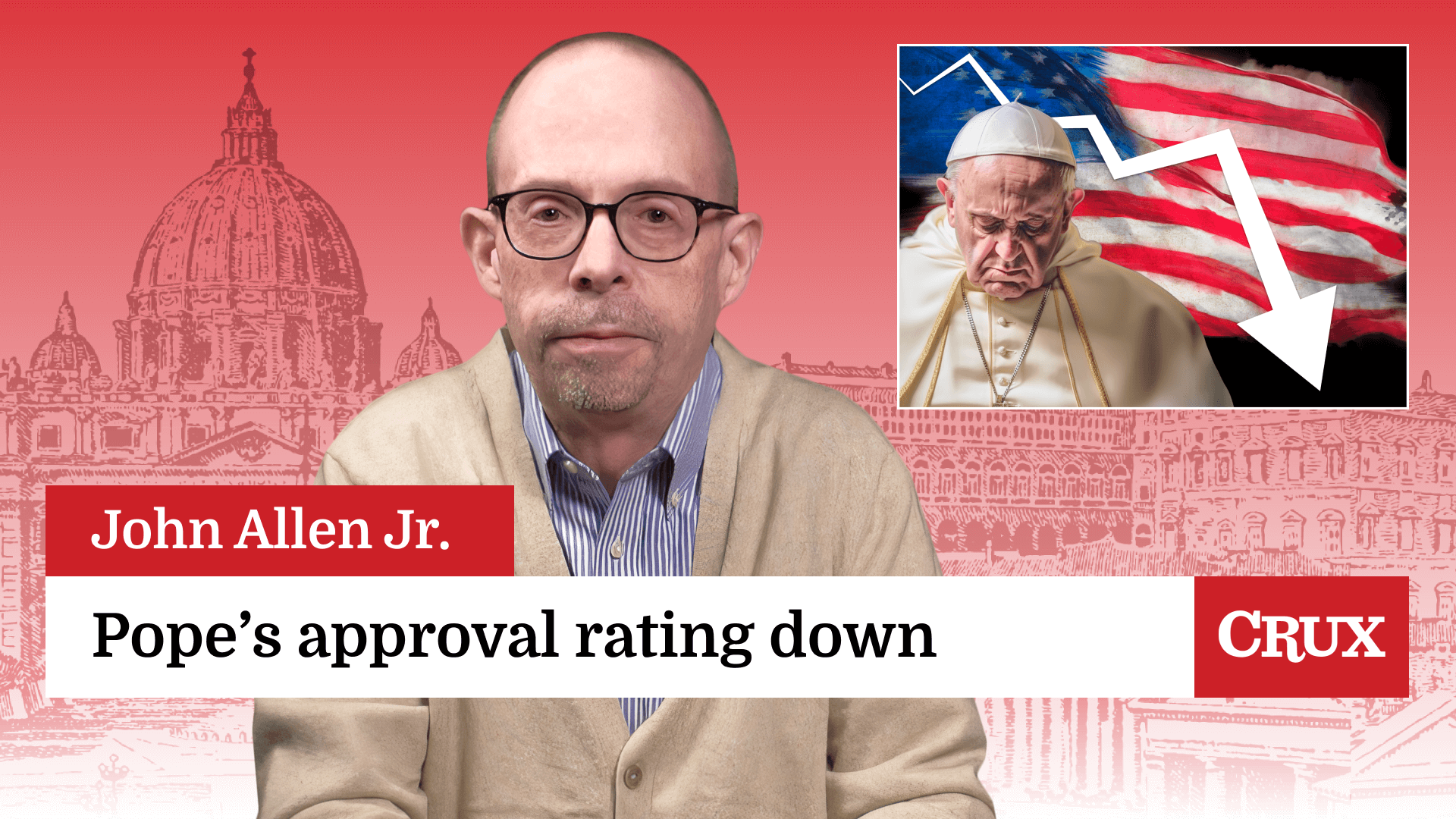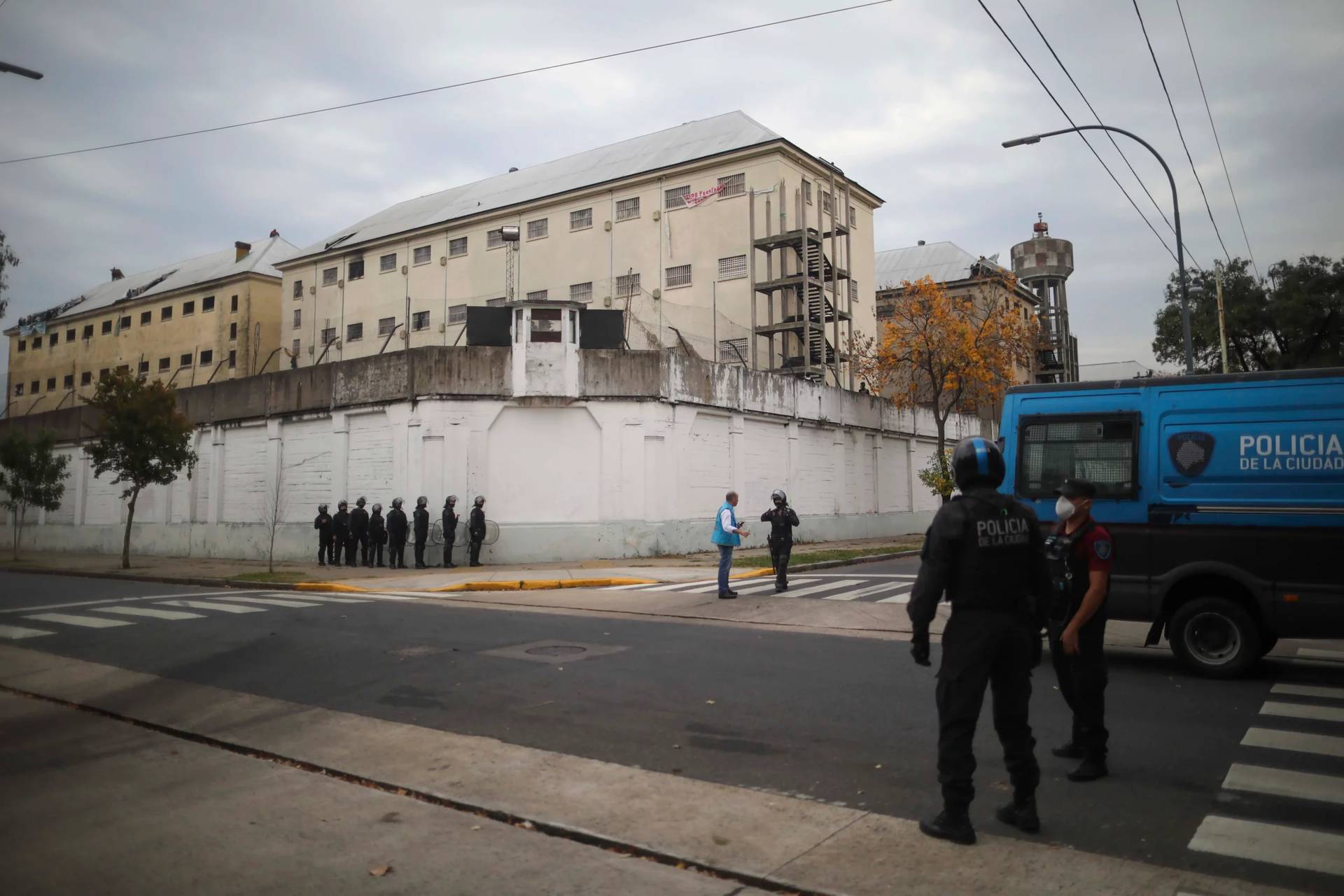In many ways, the case of ex-Archbishop Jozef Wesolowski, the former Vatican diplomat accused of paying underage boys in the Dominican Republic for sexual acts, has become an inkblot test for broader impressions of where the Catholic Church stands on recovery from its child sexual abuse scandals.
For critics, it’s an object lesson in the Church’s inability, or unwillingness, to make “zero tolerance” stick.
The Polish envoy was recalled from the Dominican Republic in secret in August 2013, just days before an investigative reporter in the country broke the story of the charges. The Vatican initially gave shifting, even contradictory, statements as to the reason for the decision.
The 66-year-old cleric was allowed to move freely in Rome, with no restrictions. At one stage, a visiting bishop from the Dominican Republic saw him on a Roman street near the Vatican and tweeted out, “The silence of the Church has hurt the people of God.”
Because of his status as a diplomat, many people assumed that Wesolowski had been brought to Rome to evade civil prosecution in either the Dominican Republic or his native Poland.
To those sympathetic to the Church, Wesolowski is instead a symbol of a reformed system at work.
Last June, the Vatican announced that following an internal investigation, Wesolowski had been laicized, meaning stripped of his status not only as a bishop but as a priest. That’s a rare penalty for a bishop. He has the right to appeal, but in the meantime the Vatican said that he’d been stripped of his diplomatic immunity and could be extradited to another country seeking to prosecute him.
On Tuesday, a criminal court in the Vatican held an initial hearing regarding Wesolowski, since Pope Francis revised the laws of the Vatican City State in July 2013 to make sexual acts with children a crime for people under its jurisdiction, which includes the pope’s ambassadors. The offense is punishable by up to 12 years in prison.
As the criminal procedure unfolds, Wesolowski has also been placed under house arrest.
If Wesolowski is convicted, he would become the first person sentenced to time in a Vatican prison since Paolo Gabriele, the former papal butler under Pope Benedict XVI who was convicted of being the mole at the heart of the “Vatican leaks” affair of 2011 and 2012. Gabriele was sentenced to 18 months behind bars, though he was later pardoned by Benedict.
The Vatican City State prosecutes a handful of criminal offenses every year, mostly acts of petty theft such as pickpocketing at the Vatican museums. It has a small jail, one section of which was used for Gabriele’s detention, but in years past when someone faced a lengthy prison sentence, a deal was usually worked out with Italian authorities to transfer them to an Italian prison.
Wesolowski is under house arrest rather than in the Vatican jail because of health problems.
Assuming Wesolowski is convicted, and especially if he’s later handed over to authorities elsewhere for prosecution, the Vatican would be able to argue that Pope Francis meant what he said in May 2014 that there will be no “daddy’s boys,” meaning people with special privileges just because of their clerical status.
Some victims’ advocates remain skeptical. The Survivors Network of those Abused by Priests (SNAP), the largest victims’ group in the United States, issued a statement today saying it “doubts strongly that Catholic officials will enforce this move,” and expressed concern that it took so long.
“We are grateful that this action has finally been taken, feel it should have happened months ago, and believe it’s better if secular authorities are able to jail and prosecute Wesolowski,” the statement said.
Going forward, critics such as SNAP may well raise a deeper question regarding accountability for bishops, not just in instances such as Wesolowski’s in which the prelate himself is accused of abuse, but rather where a bishop is charged with failing to take appropriate steps when someone else under his authority is suspected of abuse.
There are several such cases around the world, including Bishop Robert Finn of Kansas City-St. Joseph, Missouri, who was convicted under Missouri law in September 2012 of one misdemeanor count of failure to report an accused priest to authorities. Yet he remains the bishop of the diocese, and to date few bishops facing similar charges of administrative failure have suffered disciplinary consequences.
Cardinal Sean P. O’Malley of Boston, who heads the pope’s Pontifical Commission for the Protection of Minors, has said that recommending new accountability measures for such cases to the pope will be among the group’s priorities.
Even after the Wesolowski case reaches conclusion, in other words, the debate over accountability in Catholicism for the sexual abuse scandals likely will go on.
















